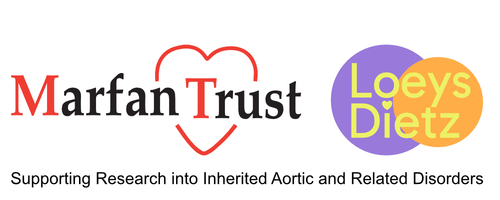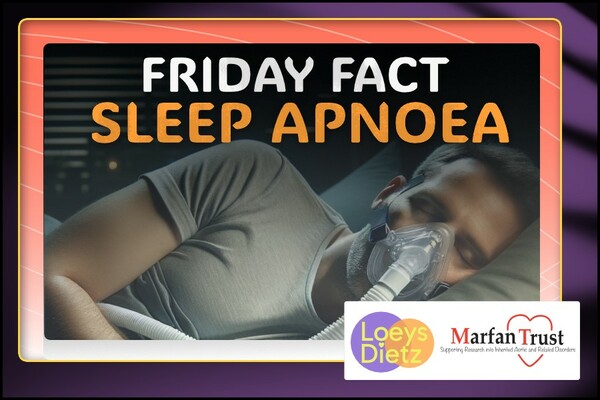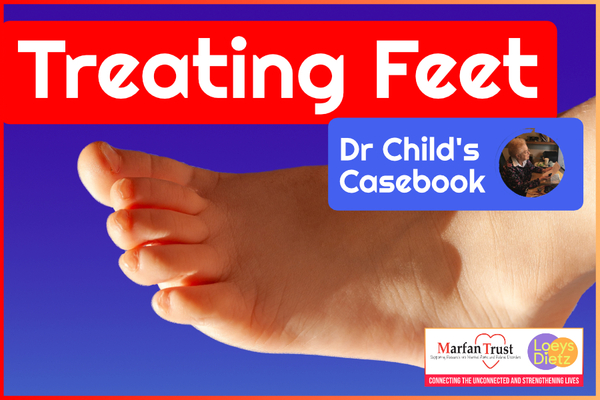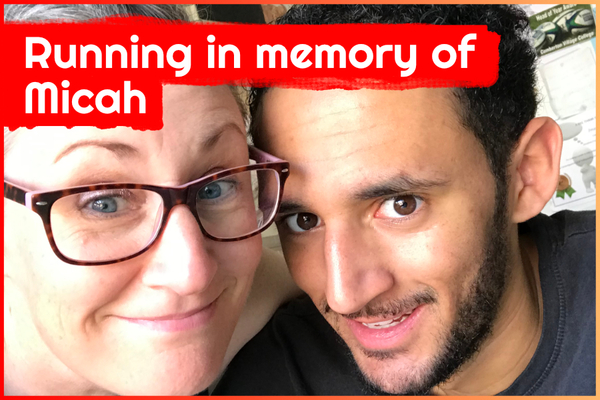Sleep repairs your mind and replenishes your energy. Constant interruptions to this precious process can be damaging and life-impairing. Marfan syndrome is associated with a high prevalence of obstructive sleep apnoea. What is it?
What Is It?
Sleep apnoea is a sleep disorder in which your breathing stops and starts overnight, your breathing can pause or be very shallow for periods of time. This can happen frequently throughout the night. The most common type is Obstructive Sleep Apnoea (OSA).
OSA happens when the upper airways are narrowed to start with and can become blocked during the night when you sleep. One of the main risk factors is overweight and obesity but research has shown that people with Marfan syndrome (MFS) can also be at increased risk, probably due to some of the craniofacial features, for example, a setback lower jaw and the increased collapsibility of the upper airways. The prevalence of sleep apnoea in MFS is estimated to be between 30-42% in the literature (Gessler et al, 2022)
Symptoms
- Loud snoring
- Waking up frequently with coughing, gasping
- Breathing stopping and starting during the night
- Feeling very tired/falling asleep during the day (even during work)
- Difficulty concentrating
- Having a dry mouth when you wake
- Feeling tired when you wake
- Having a headache when you wake
Investigations
It’s important to discuss symptoms with your GP and mention that you have MFS. There are specialist sleep clinics who can diagnose sleep apnoea and suggest appropriate treatment.
People with sleep apnoea have a higher risk of other conditions like high blood pressure, stroke and heart rhythm disturbances so it’s very important to get it diagnosed and treated.
It is also important to look at DVLA guidelines as a diagnosis of OSA may mean you need to stop driving until your symptoms are under control
Further Info
https://www.nhs.uk/conditions/sleep-apnoea/









